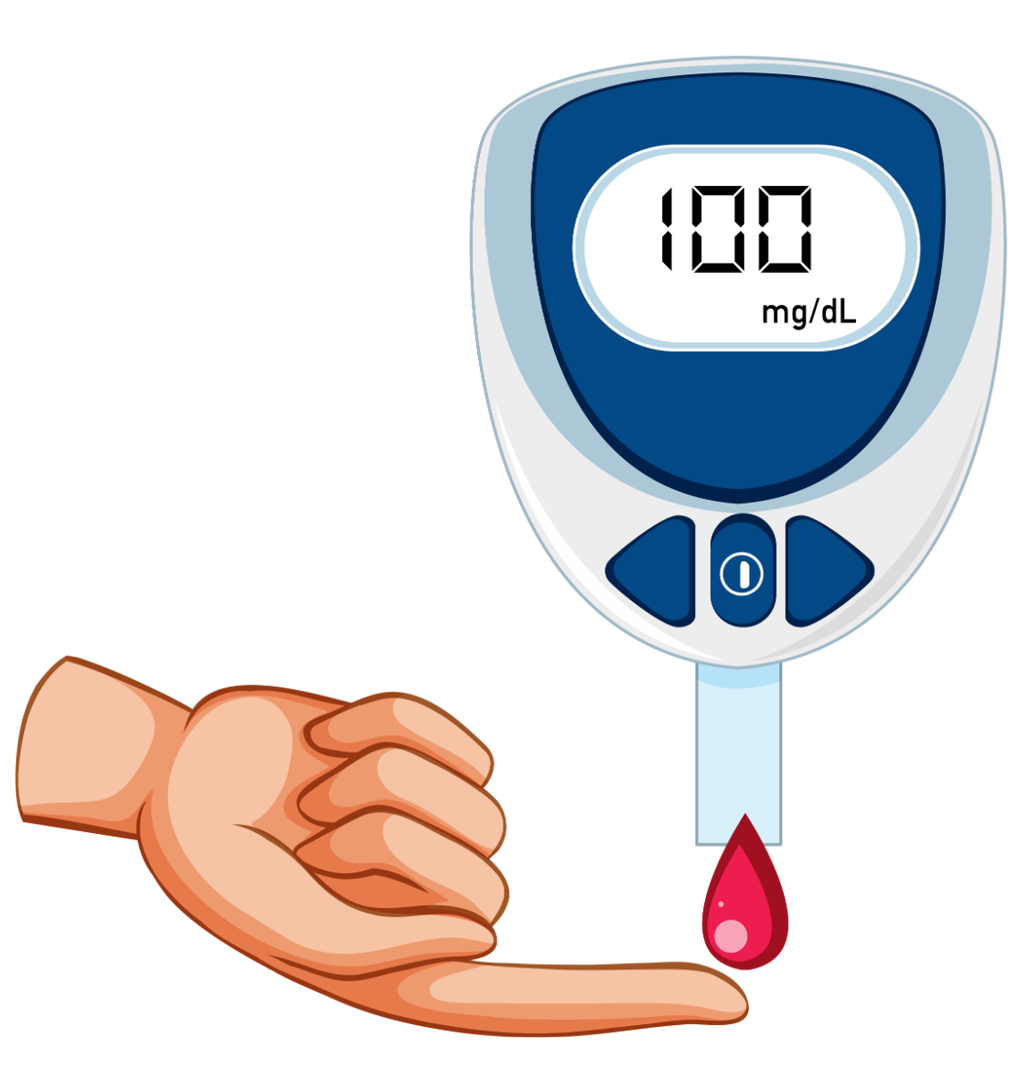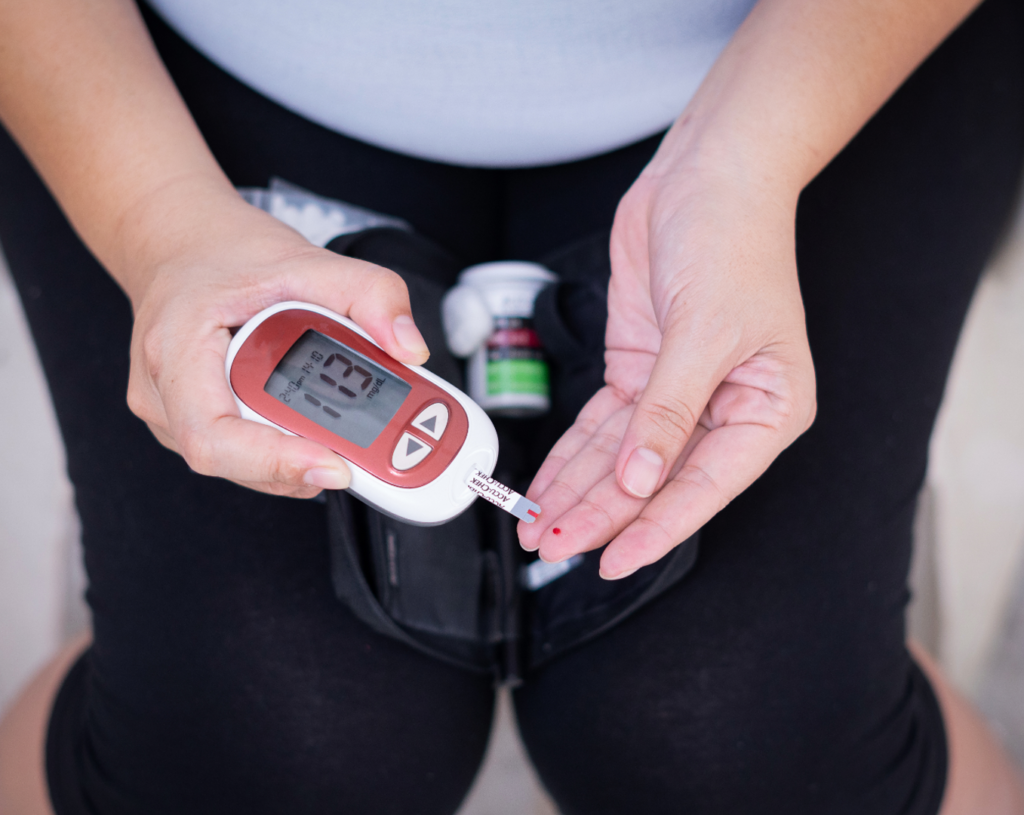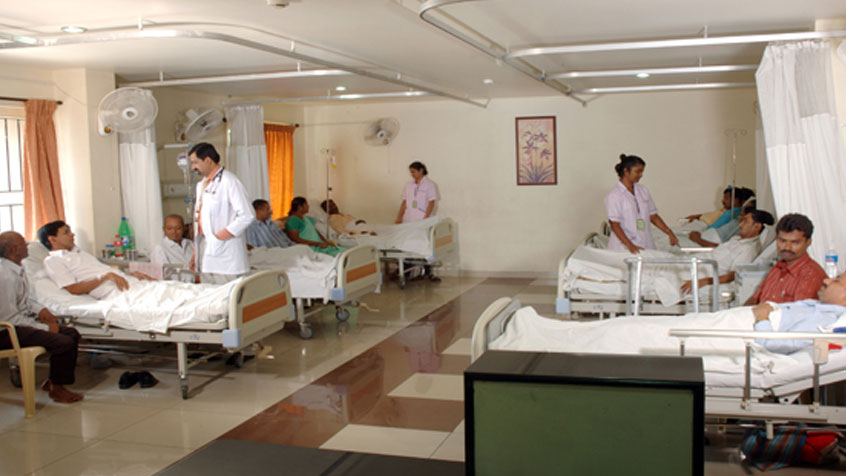Diabetology & Endocrinology


Department of Diabetology and Endocrinology
The Suguna Centre for Diabetes and Endocrinology is a well-known medical center in our country. We are dedicated to providing top-notch care to people with diabetes and endocrine problems, making sure it fits their specific needs. Diabetes is a big health issue all around the world. In India, more than 70 million people have diabetes, and it’s expected to go up to nearly 140 million by 2025.

The Department of Diabetology and Endocrinology at Suguna Hospital is one of the Best Diabetic Center in Bangalore. We understand that diabetes and hormonal disorders have their own unique warning signs. Our Diabetes and Endocrinology experts include Internal Medical Physicians, Trained Diabetologists, Diabetes Nurse Practitioners, Endocrinologists, Podiatry Nurse Practitioners, Clinical Dieticians, Certified Diabetes Educators, and Pharmacists. We use the latest technology, including insulin pumps and other diabetes devices.
Diabetes causes chronic high blood sugar levels, leading to a range of health issues, like heart disease, nerve damage, kidney problems, foot ulcers, gum disease, digestive issues, skin conditions, sexual dysfunction, mental health issues, pregnancy-related complications and more. Proper management is crucial to prevent these complications. Opt for Regular check-up.
Endocrinology Department is dedicated to in-depth examination, diagnosis, and treatment of disorders concerning the endocrine system. Our team of highly skilled endocrinologists offers all-encompassing care for various conditions, such as diabetes, thyroid disorders, hormonal issues, adrenal issues, and pituitary disorders. We provide a wide array of services, including thorough diagnostic assessments, individually tailored treatment plans, medication management, hormone replacement therapy, and lifestyle guidance.
Best Diabetic Hospital in Bangalore
ENQUIRE NOW!
Conditions and Treatments - Diabetology
Diabetes Treatment
- Type 1 Diabetes: A chronic condition in which the pancreas produces little or no insulin.
- Type 2 Diabetes: A chronic condition that affects the way the body processes blood sugar (glucose).
- Prediabetes: A condition in which blood sugar is high, but not high enough to be type 2 diabetes.
- Gestational Diabetes: A form of high blood sugar affecting pregnant women.
- Medication Management: This involves prescribing and managing medications to control blood sugar levels, which can include oral medications and insulin therapy.
- Lifestyle Modification: Healthcare providers work with individuals to develop and implement healthy lifestyle changes, such as dietary adjustments and increased physical activity.
- Blood Glucose Monitoring: Regular monitoring of blood sugar levels to track how well the treatment plan is working and make adjustments as needed.
- Foot Care and Neuropathy Management: Regular foot examinations and care to prevent and manage diabetic neuropathy and ulcers.
- Insulin Therapy: Administering and managing insulin, which can be done through injections, insulin pumps, or inhalable insulin, as needed
Endocrinology Treatment
- Hormone Replacement Therapy: For individuals with hormonal deficiencies, hormone replacement therapy is used to restore hormone balance, such as thyroid hormone replacement.
- Thyroid Management: Evaluation, diagnosis, and management of thyroid disorders, including hypothyroidism and hyperthyroidism.
Our Doctors
Facilities and Services
- Diagnostic Laboratories
- Imaging and Radiology Services
- Foot Care Clinics

FAQ's
You should consider seeing a diabetologist or endocrinologist if you have diabetes or any symptoms of hormonal imbalances, such as unexplained weight changes, excessive fatigue, or irregular menstrual cycles.
Facilities







 24x7 Helpline 080 4019 4444
24x7 Helpline 080 4019 4444

